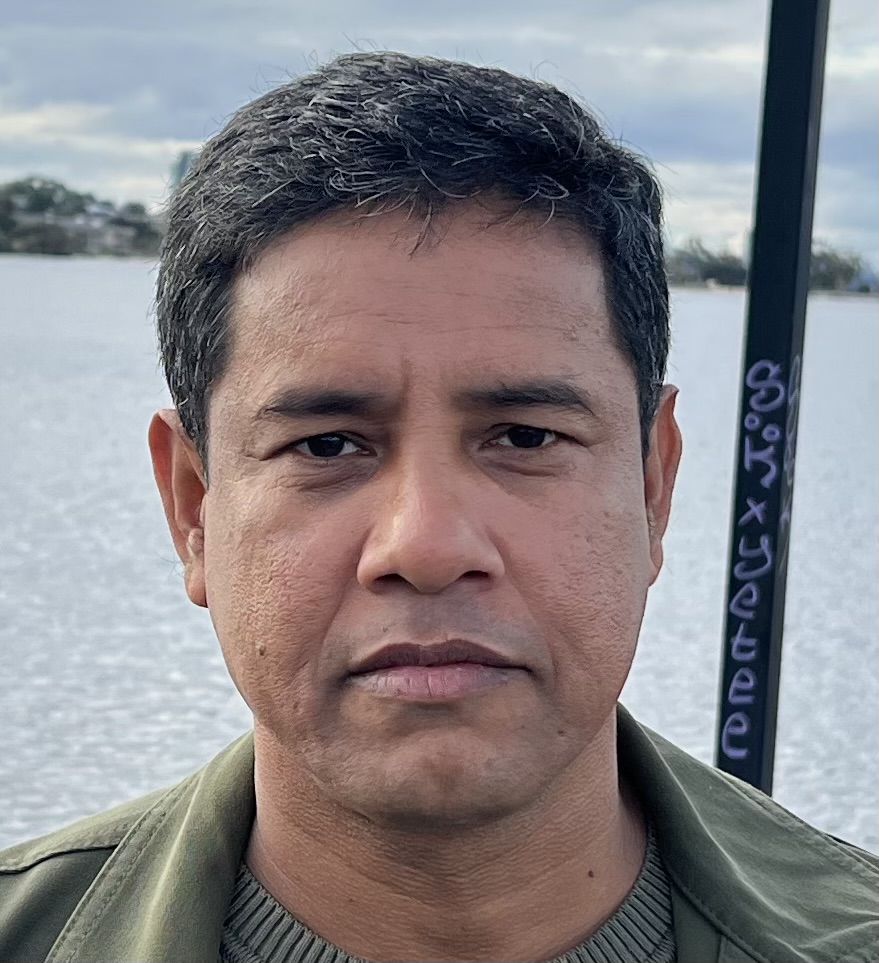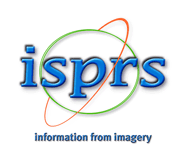ISPRS WG III/9
Geospatial Environment and Health Analytics
Working Group Officers | ||
Chair | ||
 | Muralikrishna V. Iyyanki JN Technological University Hyderabad D 603, AE Tower Sheikhpet Old Bombay Road HYDERABAD, 500008 INDIA +91 984 804 9624
| |
Co-Chair | ||
 | Ashraf Dewan Spatial Sciences Discipline, School of Earth & Planetary Sciences (EPS) Curtin University AUSTRALIA
| |
Co-Chair | ||
 | Maged N. Kamel Boulos School of Medicine University of Lisbon Rm 74, Edifício Egas Moniz Av. Prof. Egas Moniz 1649-028 Lisbon PORTUGAL
| |
Secretary | ||
 | Bosco Bwambale Mountains of the moon university Box 837 Fort Portal UGANDA
| |
Supporters | ||
Advisor | ||
 | Mahbuba Nasreen Institute of Disaster Management and Vulnerability Studies (IDMVS) Lecture Theatre Building (First Floor) University of Dhaka Dhaka-1000 BANGLADESH +8801771900999 +880255167810
| |
Advisor | ||
 | Suchi Gopal Boston University Department of Earth & Environment Global Development Policy Center Pardee Center for the Study of the Longer-Range Future 675 Commonwealth Avenue Boston MA 02215 USA +1 617 353 5744
| |
Terms of Reference
- Facilitate the development of region- or site-specific GIS platforms to promote and integrate spatial analysis skills
- Promote the use of remote sensing and other geospatial technologies to address health problems related to hydrology, land cover, epidemiology etc. to understand pandemics like COVID 19 and implement multi-diseases surveillance.
- Contribute significantly to the creation of operational and research workforce with adequate knowledge in the state of art tools of geospatial technology like GeoAI, environmental data visualization and management etc., through faculty development workshops spread over various regions of developing world viz., Asia, South America, Africa.
- Support international agencies such as GEOSS, World Health Organisation (WHO) and other UN bodies to promote advancement of knowledge in Remote Sensing and other geospatial technologies for applications in Tele-epidemiology and precision medicine in the context of climate change
- Promote research and development of geospatial public health management systems for possible interventions by authorities
- Promote the use of GIS software tools to form hospital marketing strategies and develop programs for promotion of geospatial technology business models by integrating open innovation, design thinking and lean management principles.
WG III/9






